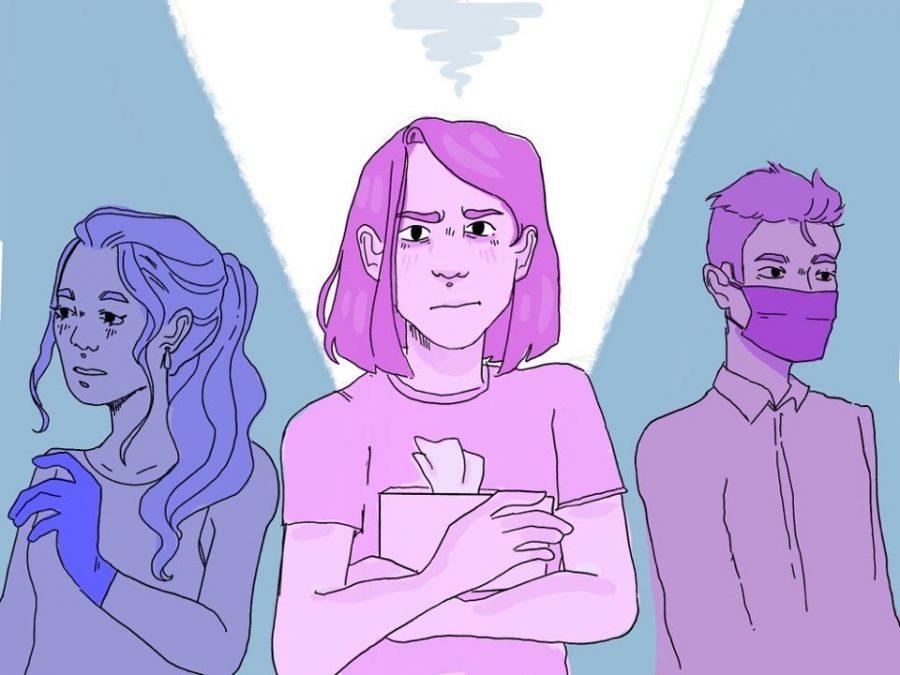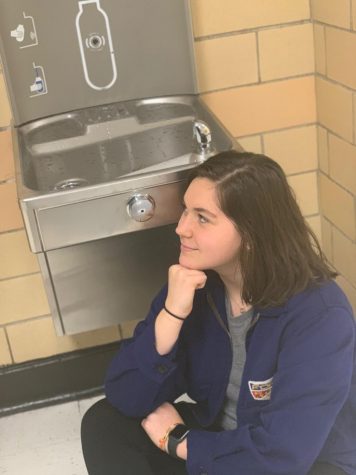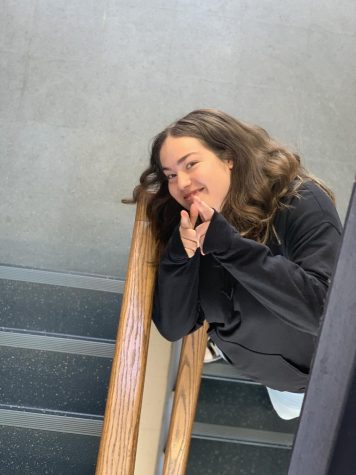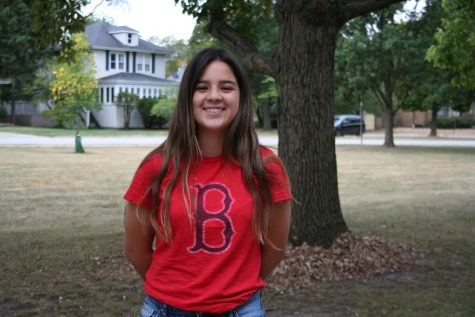In need of a COVID-19 test? If you’re not famous, you may be out of luck
The general public is being denied COVID-19 testing while asymptomatic celebrities are getting them.
March 23, 2020
For the past few weeks, there seems to be only one thing that the media can talk about: COVID-19, or the coronavirus pandemic. The United States alone has over 30,000 diagnosed and reported cases. Testing for the virus is very limited in the U.S. right now, with the general public only getting access to them if they have the proper health insurance and get approval from a doctor who believes they were exposed to the virus, or if they start to develop life-threatening symptoms. So why are celebrities getting tested without any signs or symptoms of sickness?
Ever since Tom Hanks announced that he and his wife, Rita Wilson, tested positive for COVID-19 on March 11, there has been a slew of announcements from celebrities—actors, athletes, musicians and politicians—stating they have the virus and are quarantined and/or receiving treatment. Many of these stars were treated simply for believing they could have been in contact with the virus or because they had been traveling recently, and the majority of them were asymptomatic. Idris Elba announced via Twitter that he tested positive on March 16, highlighting that he did not have any symptoms. Despite all sports tournaments being cancelled until further notice, eight entire N.B.A. teams have tested all of their players with or without symptoms, including The Utah Jazz and The Brooklyn Nets.
This trend is another example of elitism in society, specifically in the healthcare industry. The rich, famous and powerful are receiving preferential treatment while the working class and “common folk” are placed on the back burner. The use of power and influence to get these limited-supply tests for personal use show the injustice and class discrimination that takes place in the U.S. healthcare industry: medical action is taken away from the poor and given to the rich.
I am not suggesting that celebrities should not get tested if they are actually sick; however, they should not get preferential treatment over others, especially if they do not need the testing. In a perfect world, COVID-19 tests would be in surplus and everyone would be able to receive testing. (Actually, in a perfect world, there would be no pandemic.) Unfortunately, the U.S. is behind other countries in terms of testing and response to the virus. This means that the few tests that are available should be used on the sick and high-risk people: medical workers, the elderly and the immunocompromised. There are doctors, nurses and other hospital staff working around the clock to treat the ill and isolate the virus. They are on the front line, voluntarily exposing themselves in hopes of stopping the pandemic. Their health should be more important than some celebrity self-quarantined in their multi-million dollar mansion, filming themselves singing a line from John Lennon’s “Imagine” and pretending to understand what working class Americans are going through.
Nyle DiMarco, a model, actor and activist, used his platform to speak out against unnecessary testing. In a video he posted on his social media accounts, he said he is recovering from being very sick with what he thinks was COVID-19 based on his symptoms. However, since he is not an at-risk patient (he is young, not immunocompromised and otherwise healthy), he chose to self-isolate and communicate with his doctor remotely instead of going to the hospital to be tested. This way, he could save the few tests available for people who need them more than he did.
I’ve been really sick and I am now on the mend.
It is very possible I contracted coronavirus and I have access to get tested but I do not want to. The reason is because there is a shortage of covid-19 test kits in the U.S. and the sick patients need it more than I do
(see more) pic.twitter.com/PUqUYaufcn
— Nyle DiMarco (@NyleDiMarco) March 21, 2020
It is obvious that rich and famous people are receiving better healthcare treatment than everyone else. But this is not new information. The important issue is that this inequality is occurring during a pandemic, a global health crisis that is affecting people of every socioeconomic standing. By giving all the tests to the upper class, the general public is therefore deprived of that testing, which creates a domino effect of not receiving proper medical treatment and a higher death rate for the middle and lower class. Allocating tests by need instead of wallet width would save lives all across the socioeconomic landscape.
The sad reality is that until action is taken and change is made, the healthcare industry will continue to operate by treating people based on what they can cough up first: their wallet or a lung.




